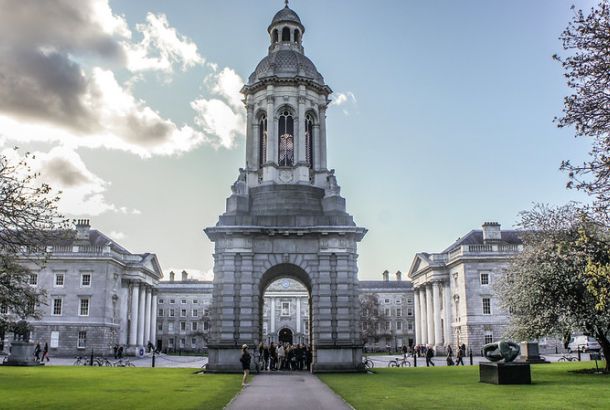LeadMCR results: a breakdown
By Rosina Read

A full breakdown of the LeadMCR results has been released by the Students’ Union.
The transferable voting system means that when a candidate is eliminated, the voters’ second preference gets their vote. If there are no other preferences, the voter is “exhausted,” redoing the threshold needed for a candidate to win.
A candidate needed to obtain 50% of the votes to be elected. The transferable voting system was repeated until a candidate passed the 50% threshold.
8,520 students voted with a total of 40,263 votes submitted – an average of 4.7 votes per person.
The Faculty of Humanities had the highest turnout of all the 3 faculties in the University, with 18.87% turnout. The School of Arts, Languages, and Culture had the highest turnout of all the schools, with 23.3%. The School of Health Sciences (SHS) was lowest with 11.5% turnout.
39.6% of academic representatives voted in the elections.
The International Society had a turnout of 32.8%, with 664 voters. The highest student group turnout (only groups over 100 members were calculated) was ‘The Mancunion’, with 76.38% of members voting. This was followed by the Wilderness Medicine Society and the Psychology Society.
The greatest number of votes for a candidate after distribution was for Union Affairs officer Lexie Baynes. She also received the highest total of first preference votes for any candidate, with 1,541.
Nahid Farzalizadeh achieved the greatest proportion of first-round votes, with 38.3%. She went on to win the Science and Engineering candidacy with 1,500 votes after distribution.
The Activities and Culture role was the only one where the eventual elected officer was not leading from the first round.
Activities and Culture officer Charlie Roberts placed third after first-preference votes, behind Alex Cooper and Ruchit Purohit. Charlie took the lead after the 27th round, which saw Alex Cooper eliminated by one vote.
Current-exec for Faculty of Biology, Medicine, and Health, Raluca-Elena Valcescu lost by 289 votes after distribution, finishing second to Gabrielle Bailey.
The only role that got a significant amount of votes for RON (re-open nominations) was Postgraduate Research Officer, with 601 total votes on first-preference and 634 after distribution. RON came third for this role.
19 complaints were made throughout the process. According to the Students’ Union, most complaints were regarding voters having phones taken and having candidates/supports being voted for on their behalf, or looking over their shoulder as they were voting.
Other complaints included: concerns about candidates overspending, banners potentially being removed, and concerns about candidates campaigning together.
No candidates, however, were disqualified during the voting period.







